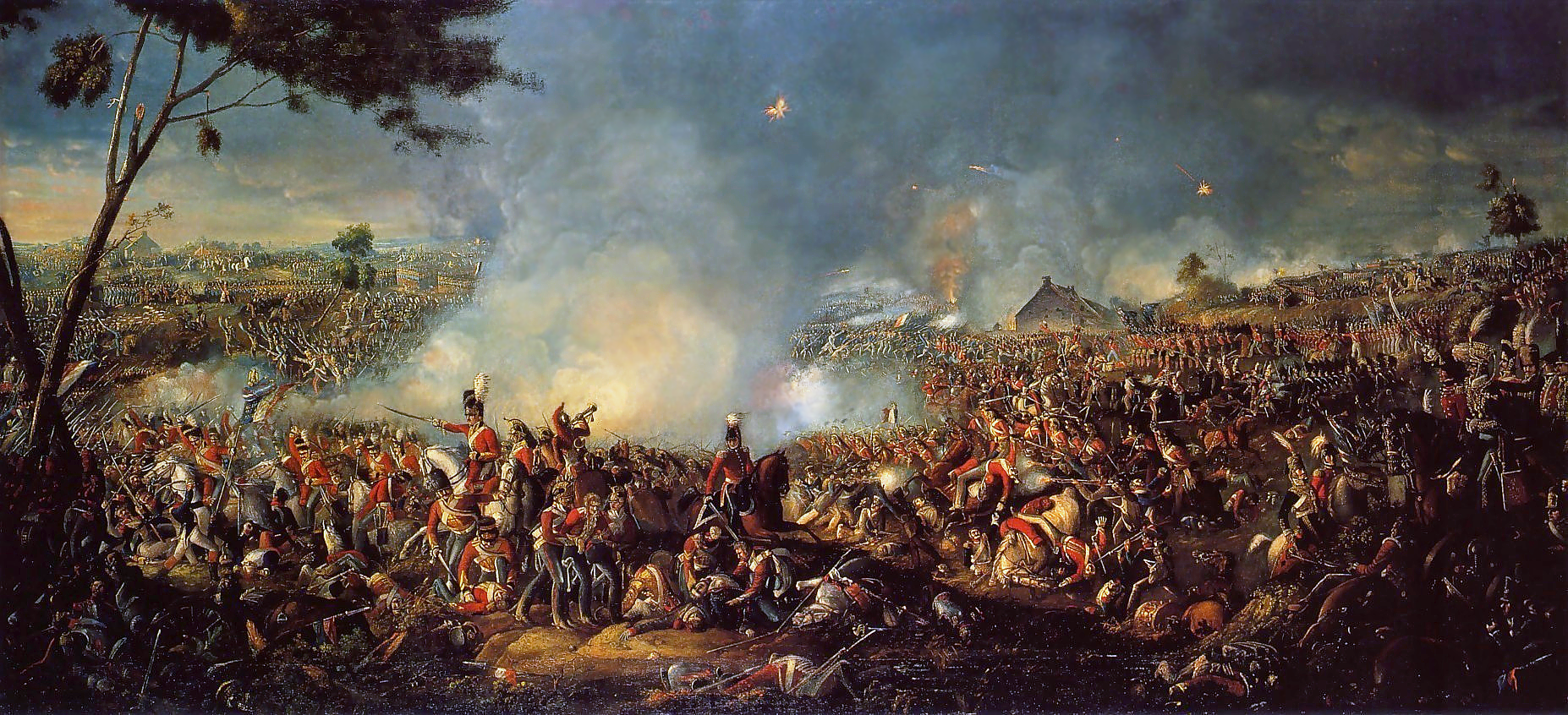I must make of all the peoples of Europe one people, and of Paris the capital of the world



Napoleon’s defeat at the Battle of Waterloo, south of Brussels, on June 18, 1815 marked his final overthrow as Emperor of the French, ending 23 years of European warfare. It was an epic encounter, fought on rain-soaked ground, in which 118,000 British, Dutch, and Prussian forces finally prevailed over a French army of 73,000, hastily assembled by Napoleon.
France’s Revolutionary Wars, which began in 1792, had been launched to extend Revolutionary principles to neighboring states and to defend France against its enemies. Under Napoleon, they became, in effect, wars of conquest, despite being waged in the name of the Revolution.
A continent reshaped
During the Revolutionary Wars, France had established sister republics in northern Italy and the Low Countries; under Napoleon, many of these were reformed into kingdoms, whose monarchs came from the Emperor’s family. States across Germany were carved up, at the expense of Prussia, to become a French puppet state, while the 800-year-old Holy Roman Empire was abolished. From 1807, much of Poland was controlled by the French as the Grand Duchy of Warsaw. These were states recast on French lines: clerical power was reduced, serfdom abolished, and aristocratic privilege ended. But such reforms provoked inevitable resentments.
Napoleon’s conquests were the result not just of military genius but also of greatly enlarged French armies. Conscription, introduced in 1793, swelled the French army from 160,000 men to 1.5 million.
Only Britain, protected by the English Channel, remained undefeated, its position as the world’s leading maritime power underscored by victory at Trafalgar, off southern Spain, in 1805. But maritime muscle alone was not enough to beat Napoleon. Britain’s most significant role was financing the endlessly shifting alliances confronting the French.
In response, Napoleon imposed the Continental System, which forbade trade between continental Europe and Britain. However, Portugal and Russia continued to trade with Britain, prompting Napoleonic invasions in 1807 and 1812 respectively.
Resistance to Napoleonic rule was mounting; the Spanish began a brutal guerrilla war that drained French resources and came to be referred to by Napoleon as the “Spanish ulcer.”
The final defeat
Napoleon had bred a sense of French invincibility, and this made his eventual defeat all the more traumatic for the nation. Of the 450,000 men he led against Russia in 1812, barely 40,000 survived.
Napoleon had overreached himself. At Leipzig, Germany, in 1813, outnumbered three to one by forces from Austria, Prussia, Russia, and Sweden, he suffered his first major defeat. By Waterloo, his forces had recovered slightly, and the ratio was only two to one, but Napoleon’s military genius failed to redress the balance and his imperial ambition ended in the Waterloo mud.
"All Frenchmen are in permanent requisition for the services of the armies."
-- Declaration of Conscription, 1793


